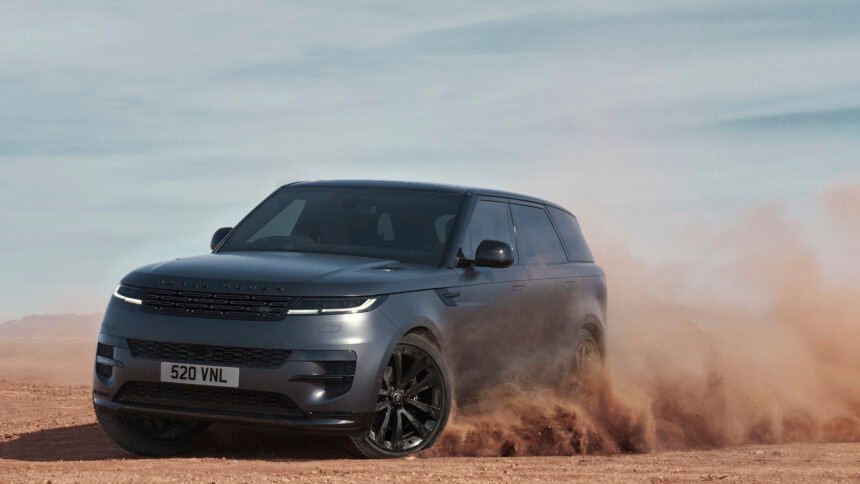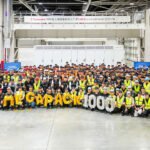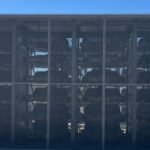Despite these challenges, JLR remains optimistic about its future. The company is committed to its electric future, with plans to roll out a range of electric vehicles across its brands. This includes the all-electric Jaguar Type 00, which is set to make a splash in the US market.
Additionally, the company is looking to revitalize its Discovery brand, which has struggled to gain traction in the market. With the success of the Range Rover and Defender brands, JLR is hopeful that it can apply the same magic to the Discovery and Jaguar brands.
One of the key strategies that JLR has employed successfully is raising prices for its vehicles. By positioning its vehicles as premium luxury offerings, the company has been able to command higher prices from customers. This has helped to boost profits and improve margins for the company.
However, as JLR looks to sustain its profitability and achieve its long-term goals, it will need to navigate a number of challenges. These include the ongoing chip shortage, US tariffs, currency fluctuations, and technical protectionism.
Despite these hurdles, JLR remains confident in its ability to overcome them and continue its success. The company’s focus on innovation, quality, and customer satisfaction will be crucial in driving its future growth and ensuring its position as a leading player in the automotive industry.
With a strong leadership team in place and a clear vision for the future, JLR is well-positioned to tackle the challenges ahead and continue its impressive turnaround story.
Jaguar Land Rover (JLR) has seen a significant shift in its market dynamics, with the US overtaking the country as its biggest market in the first half of this year. Sales in the country have fallen to fifth place, with 20,904 wholesales compared to 62,011 in the US.
To counter this trend, JLR is pinning its hopes on the revived Freelander brand, which will be built on platforms from Chinese partner firm Chery and is set to launch in the second half of 2026. This move aims to address the declining demand for smaller cars like the Range Rover Evoque and Discovery Sport in the country.
The company is also facing challenges in the transition to electric power. Despite the predicted surge in demand for battery electric vehicles (BEVs), JLR has not seen significant uptake in many markets. As a result, the company had to increase its spending from £15bn to £18bn to continue producing internal combustion engine (ICE) cars alongside new electric models.
JLR has taken a cautious approach to electric vehicles, with no EVs currently on offer after discontinuing the Jaguar I-Pace. The new Range Rover Electric is set to be the first electric model from JLR, with deliveries expected to start next year. The company’s focus is on getting the transition to electric right, rather than rushing the process.
Despite these challenges, JLR remains confident in its brand strength and the performance of iconic models like the Defender and Range Rover. However, there are concerns about whether the company can maintain its strong residual value as it shifts towards electric vehicles.
In the face of global automotive industry challenges, JLR is working tirelessly to strengthen its brand and weather the storm. While the road ahead may be uncertain, the company’s commitment to quality and innovation could help it navigate through this period of change and uncertainty.







